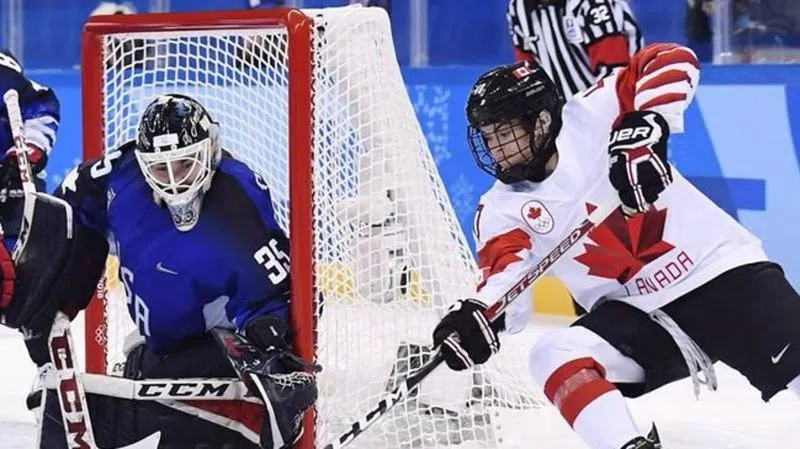
Women’s world hockey cancellation hits Nova Scotia player, coach hard
Blayre Turnbull was 10 years old when she saw the first women’s world hockey championship played in her home province.
A chance to follow in those players’ footsteps was denied Saturday when the International Ice Hockey Federation cancelled this year’s women’s championship, scheduled for March 31 to April 10 in Halifax and Truro, N.S., because of the novel coronavirus.
But whenever Turnbull finds herself wishing there had been a delay in pulling the plug in hopes the situation improved, the 26-year-old forward thinks of her grandparents.
“From someone who grew up in Nova Scotia, who watched the women’s world championship that were hosted in Nova Scotia in 2004 and who felt the impact of watching those games and knowing what impact we could have had on young girls who wanted to come watch us play this year, and knowing there is a few weeks left before anyone would be arriving in Halifax, that side of me wishes we could have waited,” Turnbull said.


